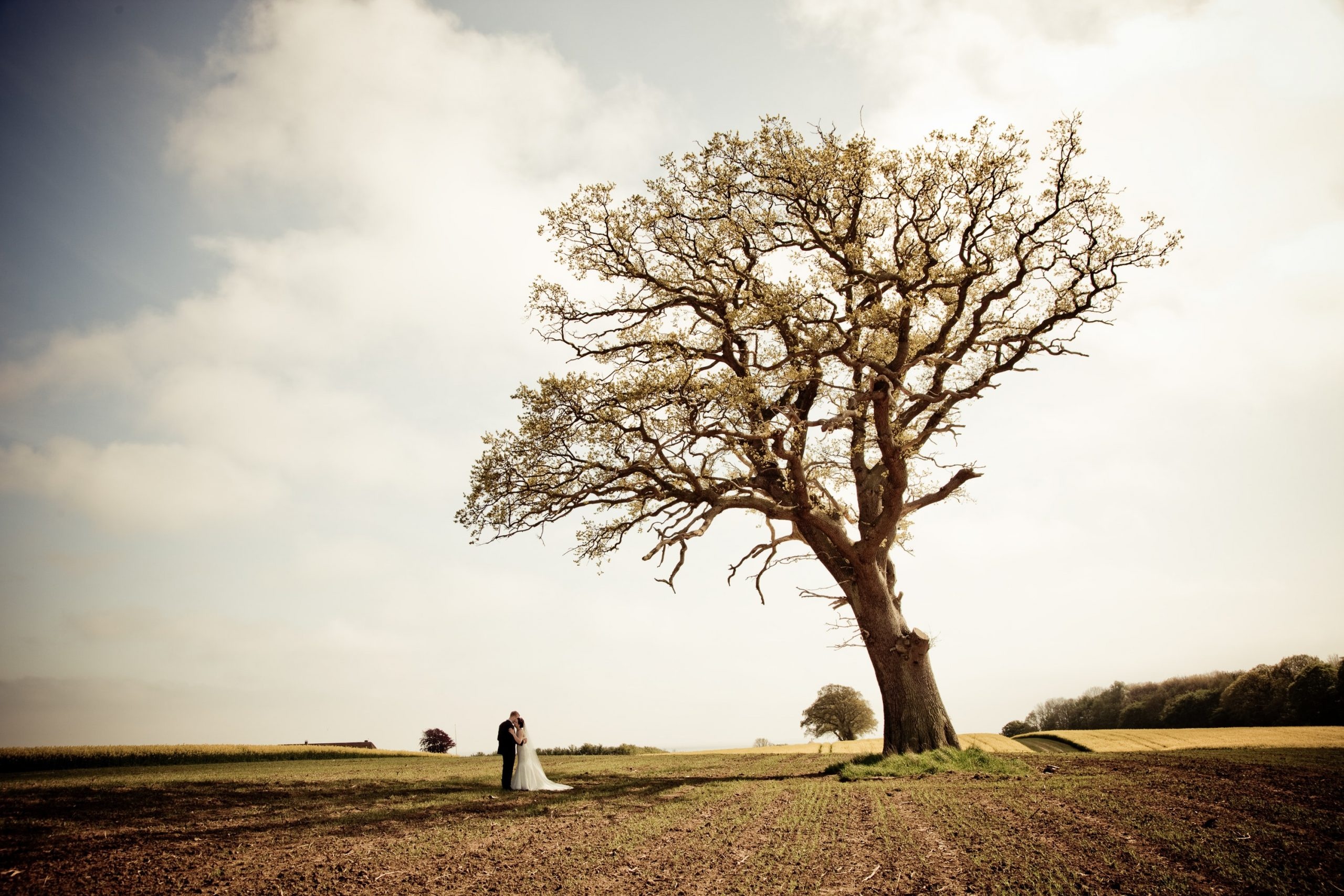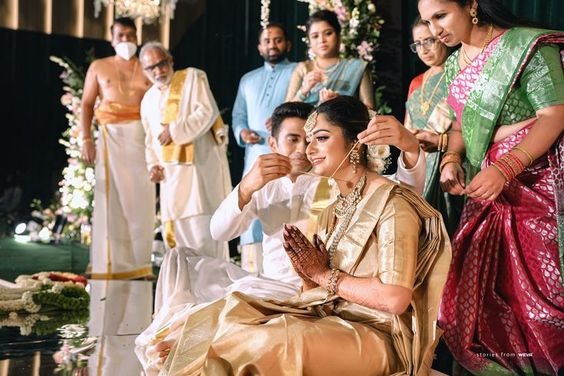Special Marriage Act: Requirements, Conditions, Applicability and More
Posted on 18 January
A civil law enacted by the Parliament of India, the Special Marriage Act, lets two individuals solemnise their marriage without religious rituals, customs or ceremonial requirements. It critically creates provisions for solemnisation of marriage of inter-religious couples without switching religion.
Applicability of the Act
The special marriage act covers marriages among Hindus, Christians, Muslims, Buddhists, Sikhs and Jains. Other than the state of Jammu and Kashmir, the Special marriage act is applicable to each Indian state. The act enacted by the Parliament of India is applicable to all the citizens of India but extends to Indian citizens abroad as well.
Requirements
Since the marriage performed under this act is a civil contract, there are no rites or ceremonial requirements as such. The basic requirement is the consent of both parties to marry each other. If both parties are willing to do so, it will do- religion, caste or race can’t act as a hurdle to their union.
To begin with, the individuals who intend to get married must file a notice, expressing their intention to marry each other, to the marriage registrar. But at least one of the individuals who wish to get married should have lived at the district of the marriage registrar for a minimum of 30 days prior to the date in which the notice is filed. The marriage is then said to be solemnised, after the end of 30 days, from the date in which the notice is filed. But if anyone who is related to the individuals expresses their objection towards the marriage, and if the registrar finds it as a reasonable cause for disapproval, then for that reason the registrar can cancel the marriage. For the marriage to become valid, both the individuals must express their consent to marry each other before the three witnesses and the marriage officer.
Conditions For Marriage

For a marriage under the special marriage act, the conditions are not much different from the conditions for normal marriages. The conditions to be eligible for marriage under the special marriage act are:
- The bride must be a minimum of 18 years old, whereas the groom must be a minimum of 21 years old at the time of marriage. This is the minimum age limit respectively for a girl and boy to marry under this act.
- Both the individuals must be monogamous- they must have no other subsisting valid marriage.
- To be able to express consent for marriage, the individuals must be mentally fit at the time of marriage.
- Both the parties, by no means be related to themselves via blood relationships. The individuals must not fall under the degree of prohibited relationships, which otherwise act as the reason for dissolving their marriage.
Succession to the Property
It is the Indian succession act, which governs the succession to the property of
- Individuals married under Special marriage act
- Marriage registered under Special marriage act and that of their children.
The succession to the property of Individuals who belong to any of the religions, such as Hindu, Sikh, Buddhist or Jain, will be governed by the Hindu succession act. For instance, if a Christian man marries a Hindu woman, then still she has rights to the ancestral property of her parents as assured by the Hindu succession act.
Registration of Marriage Under the Act in India
In our country, all marriages are registered and validated either under
- Hindu marriage act of 1955
- Muslim marriage act of 1954
- Special marriage act of 1954
A marriage under the special marriage act, allows individuals of different faiths to unite in the marriage bond. As opposed to personal laws, such as the Hindu marriage act or Muslim marriage act, the applicability of SMA extends to all citizens of India irrespective of their religion. Even if marriage laws permits merely the registration of a marriage solemnised under respective personal laws, the SMA offers for both legal registration and solemnisation. This act is made a simple means of lawfully registering a wedding between two individuals of different faiths, but even if both of them belongs to the same religion, they can register their marriage under the SMA.
Here is a step-by-step procedure to register marriage under the Special marriage act.
Check Eligibility
The given eligibility criteria should be met before applying for marriage under the act:
- Both individuals should be Indian citizens.
- Both individuals should not have a living spouse. If either or both of the individuals were married before, it is important that the marriage is legally dissolved.
- Both individuals should be in a position to allow free and full consent to marry each other.
- Both individuals must adhere to the minimum age limit as stated in the special marriage act, which is mentioned before.
- The individuals must not fall under the degree of prohibited relationships. The degrees of such a relationship differs from one custom to that of another.
Reach out to the Marriage Officer
The district jurisdiction can be included whereby either of the two individuals has a permanent residence- should reside there a minimum of 30 days before the notice is filed. To begin with, reach out to the concerned district marriage officer- of the district where either the intending bride or groom lives. The application is supposed to be written according to the format here. Please note that you’re supposed to fill out the format as set in the second schedule only.
Public Notice and Objection
Once the application which is duly signed by both the individuals is received by the marriage officer, he then issues a public notice, for the invitation of objection against the marriage. Suppose if no objections are raised against the intended marriage, then a marriage certificate must be entered in the marriage certificate book. The three witnesses and the individuals are supposed to sign here.
The marriage under the special marriage act can be said to be registered and duly solemnised once the aforementioned steps are completed. On the day of solemnisation, besides three witnesses, you may need some documents such as:
- Proof of address
- Proof of age
- Affidavit regarding marital status
- Passport size photographs
- Non-relationship between the individuals within the degree of prohibition
Notice of Marriage
Intended parties who wish to get married under the Special marriage act is required to file a notice, addressed to the Marriage Officer of the district where at least one of the intended parties has resided for the last thirty days. Within three months from the date of filing the notice, the marriage is typically scheduled to happen. The notice received will be displayed in the Marriage officer’s office. A xerox of the notice submitted by the parties should also be added to the Marriage notice book so that it can be inspected by anyone later.
Period of Objection
Within 30 days of publishing the notice, any objections regarding consent capacity or age etc. can be addressed to the marriage officer. Within 30 days window period of time, he is required to make an inquiry to check its validity, and in that course of time, the marriage can’t be solemnised if there are any objections. If the officer finds it as a valid cause for objection, then on that grounds, the officer can cancel the marriage. If so, then the intended parties can appeal to the district court, within 30 days of that refusal.
Unreasonable Objections
If the officer finds that the objection he received is not made in good faith and is not valid, then the individual who expressed the disapproval can be on the receiving end of unreasonable objective costs, which can be a maximum of Rs 1000. The amount will be awarded to the intended individuals.
Solemnisation of Marriage
Once the objections are cleared, at the expiration of 30 days, the marriage can be solemnised. The validity of the notice is about 3 months. Prior to solemnising the marriage, the individuals and the witnesses need to sign declarations in the form prescribed, where the marriage officer must be present.
Implication of Religion
The individuals getting married under this act belongs to various faiths. None of the individuals is required to sought religious conversion for the purpose of marriage. Even after their wedding is registered, they prevail to belong to their religion by birth. This is the same with caste as well- the individuals are not required to change their caste. Marrying a person who belongs to another caste doesn’t imply that you have to give up your caste.
Legitimacy of Children
Section 26 of this act allows legitimacy to children born to parents who are married under this act. Even after the said marriage is nullified, they prevail to have rights on the property. But they can’t claim the ancestral property- instead, they can merely obtain a share from the inherited or self-acquired property of their parents.
The special marriage act is significant marriage legislation since it lets civil partnerships. In an era where marriage prevails to be governed by caste and religion, a civil law like Special marriage act challenges the norm. It has reshaped how two individuals can be together without the impediment of caste or religious requirements.








